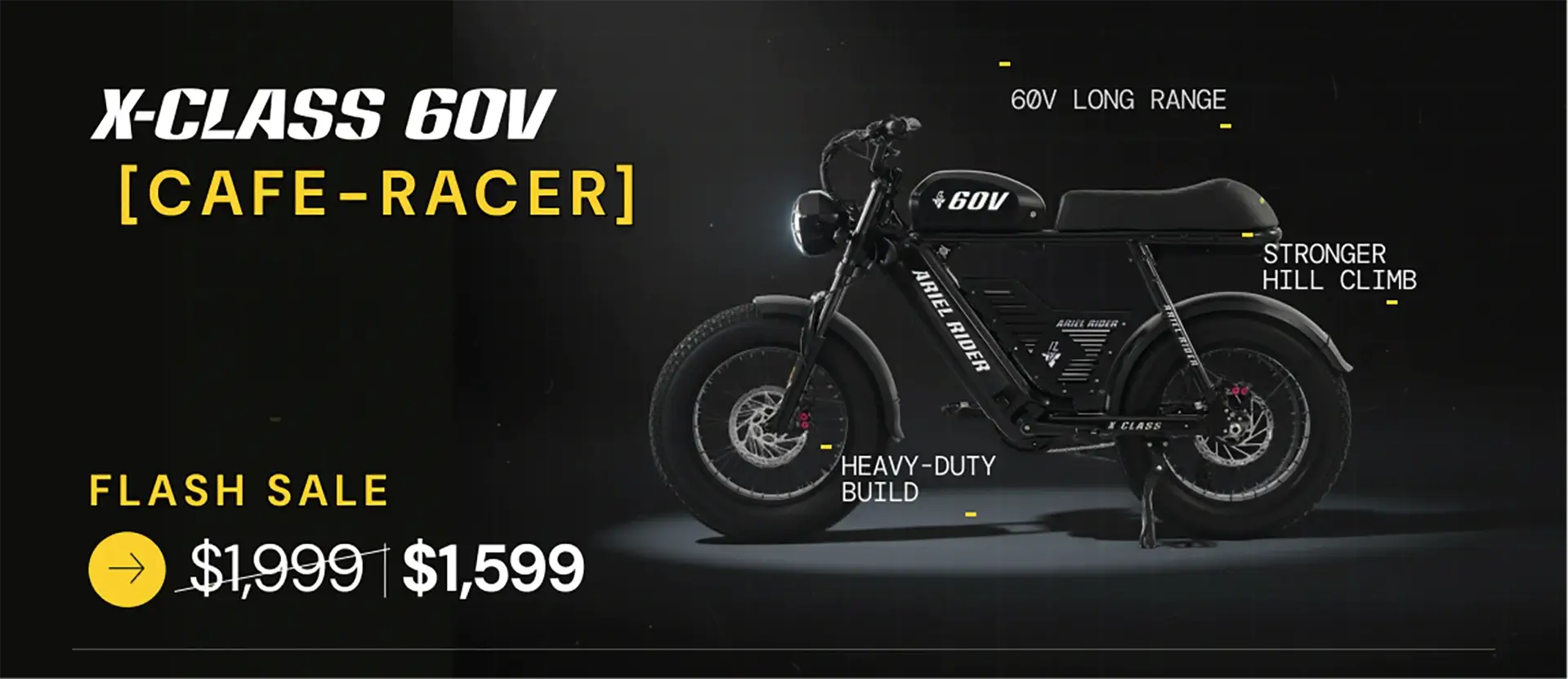As a bicycle owner, it is important to have the necessary tools to maintain and repair your bike. Having the right tools can make the difference between a quick fix and a costly trip to the bike shop. Here is a list of must-have tools for every bicycle owner:
-
A set of Allen wrenches: These are hexagonal shaped wrenches that are used to adjust and tighten bolts on your bike. They come in a variety of sizes, so it's best to have a set that includes 1.5mm to 10mm wrenches.
-
A set of screwdrivers: You'll need both flathead and Phillips head screwdrivers to adjust various parts of your bike, including the brakes and derailleurs.
-
A set of pliers: Pliers can be used for a variety of tasks, including adjusting cables, gripping and twisting small parts, and removing stubborn bolts.
-
A set of spoke wrenches: Spoke wrenches are used to adjust the tension on the spokes of your bike's wheels. They come in different sizes to fit the different spoke nipples on your bike.
-
A chain tool: A chain tool is used to remove and install links in your bike's chain. This is a crucial tool for making chain repairs and adjustments.
-
A set of tire levers: These are used to remove and install tires from your bike's rims. They are made of plastic and come in sets of two or three.
-
A pump: A pump is essential for keeping your tires inflated to the correct pressure.
-
A set of tire patch kit: A flat tire can ruin your ride, so it's essential to have a set of tire patches on hand to quickly fix a puncture.
-
A lubricant: A lubricant is used to keep your bike's moving parts running smoothly. This includes the chain, derailleur and cables.
-
A clean rag: A clean rag can be used to wipe down your bike after a ride, as well as for cleaning parts during maintenance.
Having these tools in your garage will ensure that you can make quick repairs and adjustments to your bike when needed. Remember to also consult your bike's owner manual for specific instructions on how to use the tools and make repairs. It's also a good idea to take a basic bike maintenance class to learn the proper techniques and gain hands-on experience.



